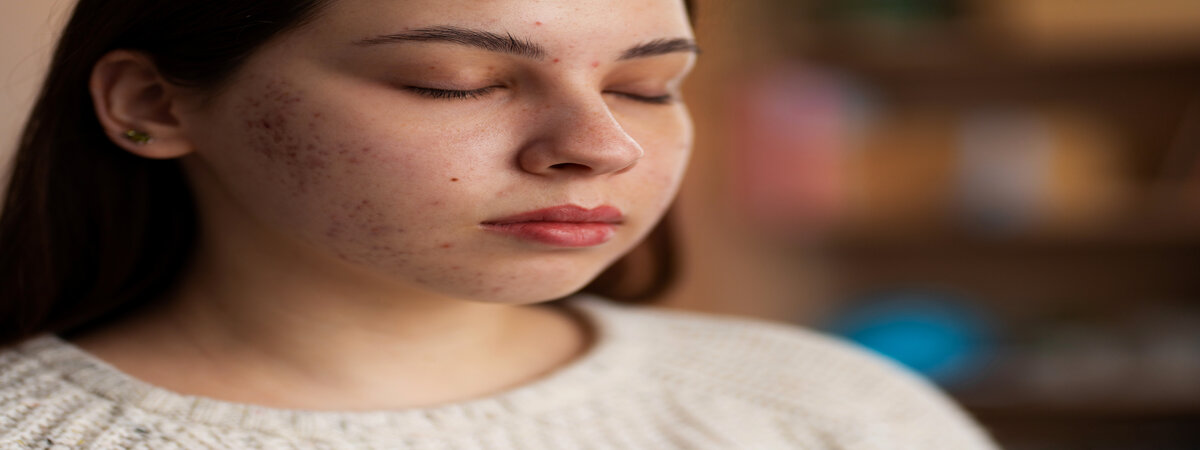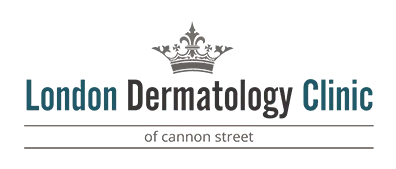
Understanding Teenage and Adult Acne: Causes, Prevention, and Treatment Options
Acne remains a widespread issue, especially among teenagers and those in their early 20s. However, its impact varies significantly. While some experience sporadic blemishes, others struggle with severe, pervasive acne that necessitates professional dermatological treatment in London. The root causes of these discrepancies beg exploration.
Prevalence of Acne in Teenagers
Acne’s prevalence spans a vast majority, with nearly everyone encountering some form of it at some stage in their lives. Primarily, it’s most rampant during the teenage years.
Noteworthy statistics include:
Affliction affecting 80% of teenagers
Nearly 3 in 10 teenagers enduring severe acne
Predominance on facial areas but also affecting the neck, back, and chest
Teenage acne duration averaging 5 to 10 years, typically subsiding by early 20s
Seeking dermatological assistance in London can expedite the resolution of acne.

Causes of Teenage Acne
Hormonal fluctuations during adolescence significantly influence the skin. Testosterone, a primary contributor to acne, undergoes a surge during puberty. While commonly associated with males, it affects both genders to varying extents, often leading to increased oil gland size and subsequent augmented sebum production. Excess sebum can obstruct pores, creating an environment conducive to bacterial growth, inflammation, and the emergence of acne.
Several factors contribute to the variability in acne severity among teenagers, including:
Variances in testosterone levels (more pronounced in males)
Diverse skin responses to acne
Genetic predispositions within families
Stress levels
Usage of specific medications or oily skincare products
Skin friction or pressure
Preventive Measures and Treatment
While some risk factors are beyond control, several strategies can mitigate the intensity or occurrence of acne. Hygiene, though unrelated to acne onset, can be influenced by skincare products; avoiding oil-based products and ensuring skincare items are non-comedogenic may be beneficial.
Furthermore, preventing skin pressure or friction and refraining from picking at or squeezing acne can aid in its prevention or reduction. Dietary interventions, notably omega-3 fatty acids and specific foods, might assist in reducing skin irritation and inflammation.
Dermatologists in London recommend a range of over-the-counter treatments, such as Benzoyl, Adalene, and Salicylic acid, which can effectively combat bacterial acne and assist in skin cell turnover. However, in severe cases or situations where over-the-counter remedies prove ineffective, professional dermatological consultation at the London Dermatology Clinic is warranted. Treatments offered include medical lotions, laser therapies, and personalized skincare plans, potentially addressing both acne and its residual scarring.
Conclusion
While some preventive measures exist, acne largely stems from internal bodily processes and remains largely uncontrollable. Seeking professional guidance and treatments provides significant avenues for managing and alleviating the impact of acne, offering hope for clearer and healthier skin.
FAQ
Can weather influence the onset or severity of acne?
While direct causation isn’t established, weather extremes like humidity or dryness can impact skin, potentially exacerbating acne for some individuals. High humidity may increase oil production, leading to clogged pores, while dry conditions might cause skin dehydration, prompting the skin to produce more oil. Consulting a dermatologist for personalized guidance in managing weather-related skin concerns is advisable.
Is stress a sole trigger for acne outbreaks?
While stress doesn’t directly cause acne, it can exacerbate existing conditions by influencing hormone levels, potentially worsening acne. Stress management techniques and skincare routines can aid in mitigating its impact on skin health. Consulting a dermatologist can offer tailored strategies for stress-induced acne management.
Is there a strong link between diet and acne?
Scientific evidence suggests certain foods might influence acne, with high-glycemic diets or dairy potentially exacerbating breakouts for some individuals. Consulting with a healthcare professional or dermatologist for personalized dietary guidance is recommended.
Do acne scars naturally diminish with time?
While some scars may lighten over years, complete natural resolution isn’t guaranteed. Professional treatments like laser therapies or dermatological interventions can significantly aid in reducing and managing acne scars effectively.
Does makeup contribute to worsening acne?
Certain makeup products might clog pores or irritate the skin, leading to acne flare-ups. Opting for non-comedogenic or oil-free products and ensuring proper makeup removal and skincare routines can help minimize adverse effects on the skin. Consulting a dermatologist for personalized recommendations is advisable.

